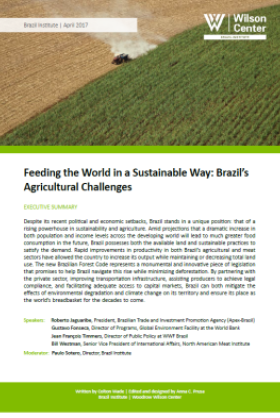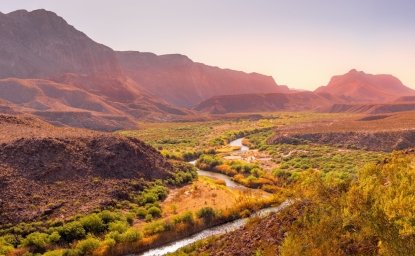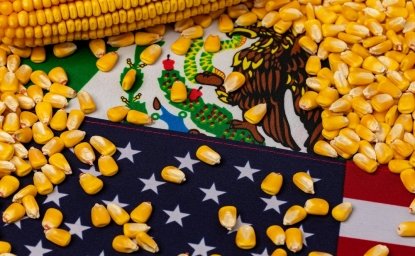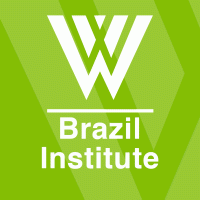Event Summary: Feeding the World in a Sustainable Way: Brazil’s Agricultural Challenges


Despite its recent political and economic setbacks, Brazil stands in a unique position: that of a rising powerhouse in sustainability and agriculture. Amid projections that a dramatic increase in both population and income levels across the developing world will lead to much greater food consumption in the future, Brazil possesses both the available land and sustainable practices to satisfy the demand. Rapid improvements in productivity in both Brazil’s agricultural and meat sectors have allowed the country to increase its output while maintaining or decreasing total land use. The new Brazilian Forest Code represents a monumental and innovative piece of legislation that promises to help Brazil navigate this rise while minimizing deforestation. By partnering with the private sector, improving transportation infrastructure, assisting producers to achieve legal compliance, and facilitating adequate access to capital markets, Brazil can both mitigate the effects of environmental degradation and climate change on its territory and ensure its place as the world’s breadbasket for the decades to come.
Author

Brazil Institute
The Brazil Institute—the only country-specific policy institution focused on Brazil in Washington—aims to deepen understanding of Brazil’s complex landscape and strengthen relations between Brazilian and US institutions across all sectors. Read more

Explore More
Browse Insights & Analysis
Water Security at the US-Mexico Border | Part 1: Background

China and the Chocolate Factory

Ongoing Debate: The Prohibition of GMO Corn in Mexico

